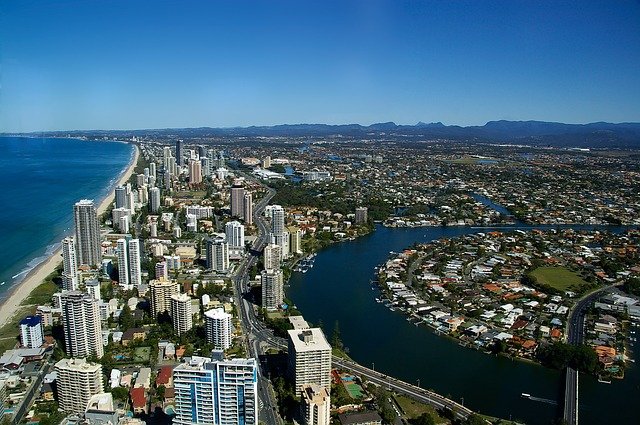Since the reopening of its borders, Australia’s overseas visitor numbers have decreased, with several significant markets, notably China, remaining absent due to COVID-19 limitations, inflation, and geopolitical concerns. According to Australian Bureau of Statistics statistics from June, outgoing passengers are expanding at over three times the pace of inbound travelers, as Australians continue to flee overseas.
Despite this, a slew of new hotels continues to grow up along the east coast, many of which were built with the expectation of 1.3 million Chinese incoming visitors, a figure that has now reduced to almost nil. Now, a strong domestic market is ensuring that hotels not only survive but grow throughout this pandemic.
The hotel industry in Australia has boomed in recent years, with several projects that were approved before the pandemic. W Sydney and Ritz-Carlton Melbourne are two notable complexes that have encountered construction setbacks and delays. According to Jones Lang LaSalle Incorporated (JLL) statistics, Melbourne is leading the way with over 2500 new rooms under development, followed by Sydney (1639 rooms) and Brisbane (1386 rooms).
Interest in development is also not decreasing. According to Peter Harper, JLL’s head of investment sales Australasia, despite market volatility, transaction activity has remained high in 2022, headed by the $530 million sale of the Hilton Sydney.
“The biggest issues facing hotel investors right now are the increasing cost of debt and considerable labor shortages. The decline in Chinese tourism isn’t featuring in conversations,” says Harper.
Of course, the lack of inbound visitors isn’t doing Australians’ holiday budgets any favors, as data reveals domestic travelers are paying for these financial headwinds.
According to Tourism Accommodation Australia CEO Michael Johnson, the loss of the China market is a “blow to our sector,” and room rates are unlikely to fall anytime soon as long as Australians are ready to pay more.
The tourist industry is now concentrating its efforts on expanding into new areas, with India, Australia’s fastest-growing market for visitor expenditure in 2019, at the top of the priority list. Qantas is spearheading aviation initiatives, with intentions to operate a Sydney-Bengaluru route on September 14, 2022, as well as a new codeshare collaboration with IndiGo. In other news, Australia and India have initiated talks on a free trade agreement to promote tourism between the two countries.
Can hoteliers, however, anticipate a Chinese tourist rebound? The Chinese government has restricted all “non-essential travel” as part of a zero-COVID campaign to eradicate the virus.
James Laurenceson, director of the Australia-China Relations Institute, University of Technology Sydney, noted: “Chinese opinion polling conducted last year, even amidst worsening geopolitical tensions, showed that overall, the desire to travel to Australia for tourism purposes remained strong.”

















More Stories
Mexico’s 2026 Luxury Hotel Explosion: Caribbean & Pacific Gems
SBA Blocks Green Card Holders From Key Loan Program, Raising Concerns for Immigrant Businesses
Phoenix Ignites America’s $3 Trillion Tourism Powerhouse Unleashed